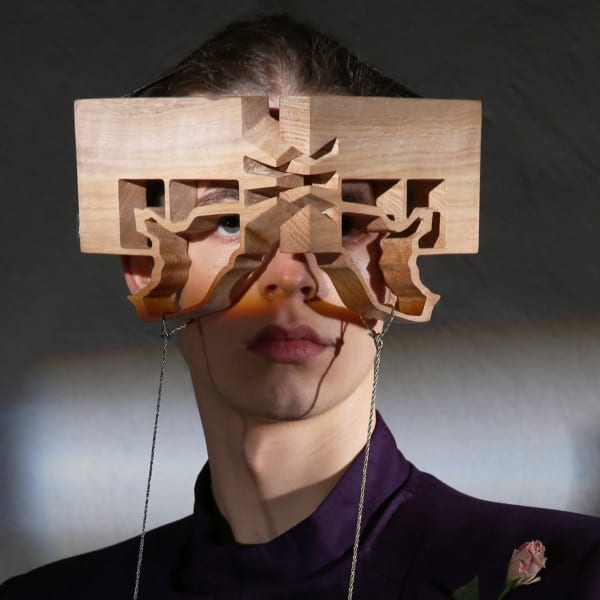
College: London College of Fashion Level: Postgraduate
MA Fashion Artefact
Utilise factory level equipment to manufacture your creations to industry standards in this pioneering incubator for the creative designers of the future.
We are not recruiting for this course for entry in 2026/27. Discover more courses at UAL.
Register your interest to receive information and updates about studying at UAL.
Contact us to make an enquiry.
Please return to this section for more information about staff teaching this course later in the academic year.
£12,700
This fee is correct for 2026/27 entry and is subject to change for 2027/28 entry.
Tuition fees may increase in future years for new and continuing students on courses lasting more than one year. For this course, you can pay tuition fees in instalments.
Home fees are currently charged to UK nationals and UK residents who meet the rules. However, the rules are complex. Find out more about our tuition fees and determining your fee status.
£25,060
This fee is correct for 2026/27 entry and is subject to change for 2027/28 entry.
Tuition fees may increase in future years for new and continuing students on courses lasting more than one year. For this course, you can pay tuition fees in instalments.
Home fees are currently charged to UK nationals and UK residents who meet the rules. However, the rules are complex. Find out more about our tuition fees and determining your fee status.
You may need to cover additional costs which are not included in your tuition fees, such as materials and equipment specific to your course. For a list of general digital equipment you may need (and how you can borrow equipment), visit our Study costs page.
Find out about accommodation options and how much they will cost, and other living expenses you'll need to consider.
If you’ve completed a qualifying course at UAL (which includes study abroad courses), you may be eligible for a tuition fee discount on this course. Find out more about our Progression discount.
Find out how you can pay your tuition fees.
UAL is committed to achieving inclusion and equality for disabled students. This includes students who have:
Our Disability Service arranges adjustments and support for disabled applicants and students.
Read our Disability and dyslexia: applying for a course and joining UAL information.
We are not recruiting for this course for entry in 2026/27. Discover more courses at UAL.
We are not recruiting for this course for entry in 2026/27. Discover more courses at UAL.
Once you have submitted your initial application, we will email you with your login details for our Applicant portal.
Requests for supplementary documents like qualifications and English language tests will be made through the applicant portal. You can also use it to ask questions regarding your application. Visit our After you apply page for more information.
You can apply for more than 1 postgraduate course at UAL but we recommend that you apply for a maximum of 3 courses.
As every course has its own entry and assessment requirements, we recommend tailoring each application to showcase how your experience, skills and interests match that course. Applying for many different courses may make it more difficult for you to show that you are suitable for each course in a competitive admissions process.
Only apply to the course(s) you are most interested in – applying for too wide a range of different courses may reduce your ability to clearly demonstrate your suitability for each. It’s better to make fewer bespoke applications than many generic ones. This will help you to stand out where we have high demand for places.
If you receive offers for multiple courses, you'll only be able to accept 1 offer. UAL doesn't accept repeat applications to the same course in the same academic year.
All non-UK nationals must complete an immigration history check. Your application may be considered by our course teams before this check takes place. If your course requires a portfolio and/or video task, we may request these before we identify any issues arising from your immigration history check. Sometimes your history may mean that we are not able to continue considering your application. Visit our Immigration and visas advice page for more information.
UAL accepts transfers from other institutions on a case-by-case basis. Read our Student transfer policy for more information.
If we are unable to consider you for the course you have applied to but your application is really strong, we may make you an alternative offer on a different course or at a different UAL College. This happens when our admissions tutors have found another course that they believe would be a strong match for your skills and interests.
We do not accept any deferral requests for our postgraduate courses. This means that you must apply in the year that you plan to start your course and you will not be able to defer your place to start at a later date.
Most of our postgraduate courses have 2 rounds of deadlines: one in December and one in March.
As long as you apply ahead of each deadline we will consider your application alongside all the other applications in that round. We always make sure to hold enough places back for round 2 to make sure we can consider your application fairly, no matter which round you apply in.
If there are still places available after the second deadline, the course will remain open to applications until all places have been filled.
For our MBA courses, there is only 1 deadline. This is 31 July for international applicants and 31 August for UK applicants. This is to make sure you have enough time to apply for your visa if you are an international student.
For our January-start courses, the deadline is in October. If there are still places available after this deadline, the course will remain open to applications until all places have been filled.
All of our undergraduate courses offer career development, so that you become a creative thinker, making effective contributions to your relevant sector of the fashion industry.
The Graduate Diploma in Fashion Design Technology is located within the Graduate School at LCF. This course prepares graduates for suitable MA courses within the Design and Technology programme at LCF, including MA Fashion Design Technology Menswear, MA Fashion Design Technology Womenswear, and MA Pattern and Garment Technology.
Graduates have previously secured places on MA progressions within UAL and LCF, CSM, Chelsea and Wimbledon in addition to the RCA, Westminster, Kingston, Goldsmiths, Aalto Helskinki, Royal Academy of Fine Arts Antwerp.
Alternatively, graduates of this course will be in a position to gain employment in varied roles within the international fashion industry in the area of design and technology.
Graduate Futures provides a comprehensive career management service supporting our students to become informed and self-reliant individuals able to plan and manage their own careers.
Many of our alumni are now impressive, leading industry figures.
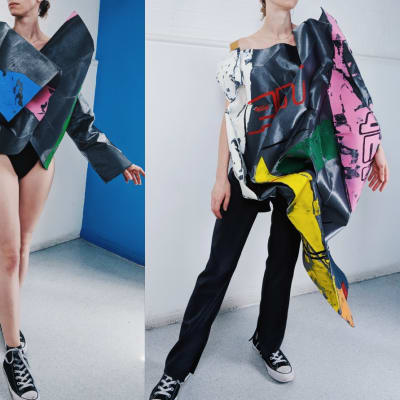
Graduate Diploma Fashion Design Technology Alum
Alexandra Armata

Graduate Diploma Fashion Design Technology Alum
Joao Maraschin
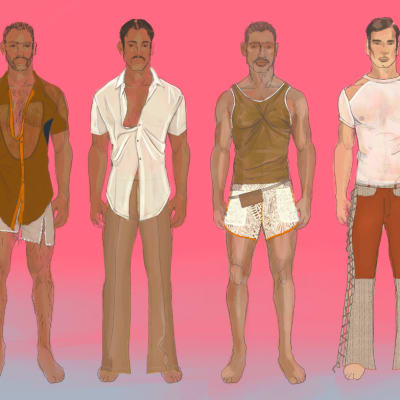
Graduate Diploma Fashion Design Technology Alum
Pedro Trindade
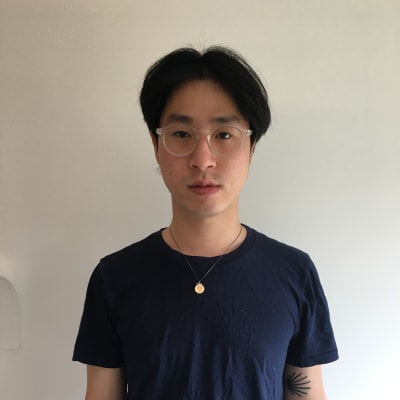
Graduate Diploma Fashion Design Technology Alum
San Kim
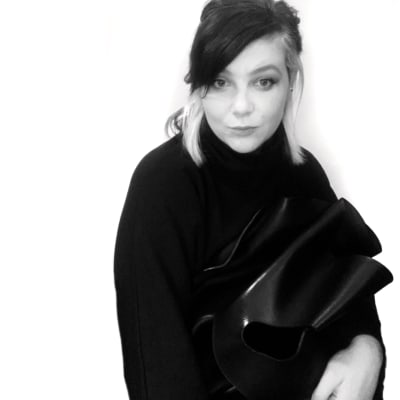
Graduate Diploma Fashion Design Technology Alum
Iga Kampa
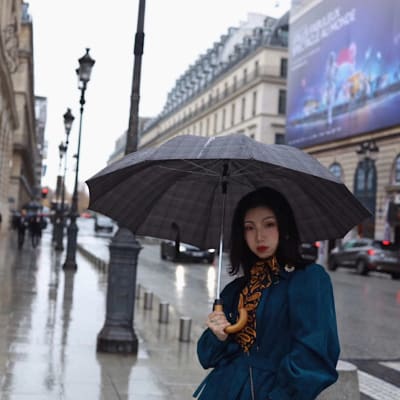
Graduate Diploma Fashion Design Technology Alum
Xin Qu
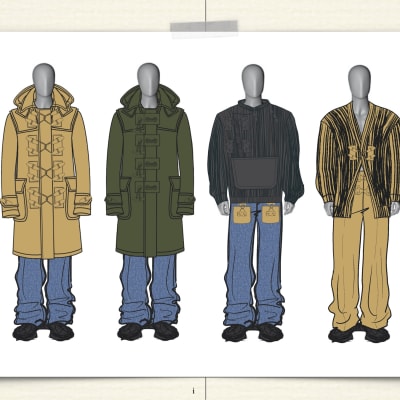
Graduate Diploma Fashion Design Technology Alum
Zhen Lyu
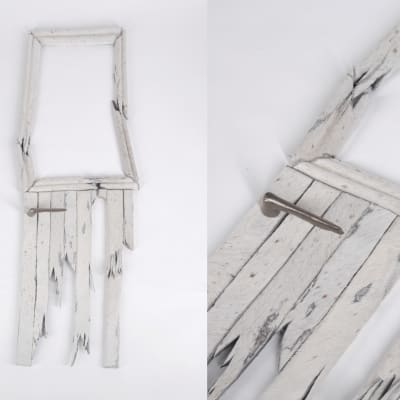
Graduate Diploma Fashion Design Technology Alum
Chin Lin
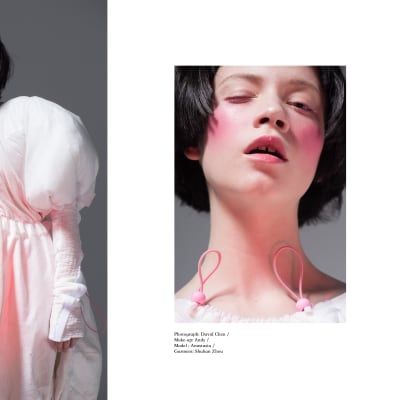
Graduate Diploma Fashion Design Technology Alum
Shuhan Zhou
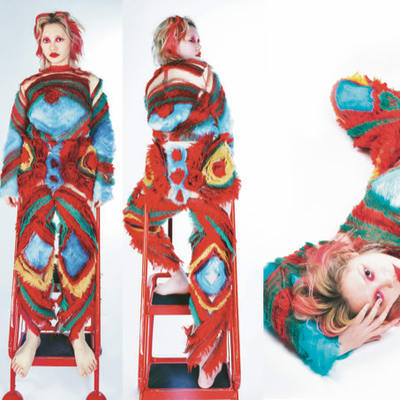
Graduate Diploma Fashion Design Technology Alum
Hong Zhao
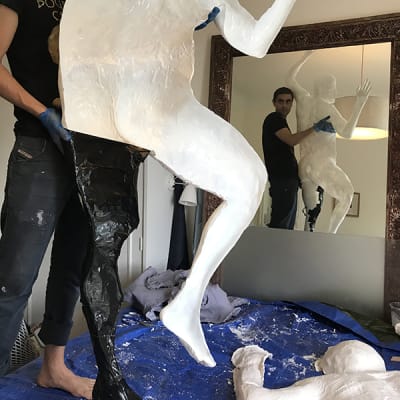
Student and Designer
Christian Bronstein

Graduate Diploma Fashion Design Technology Alum
Madhuri Ramakrishnan
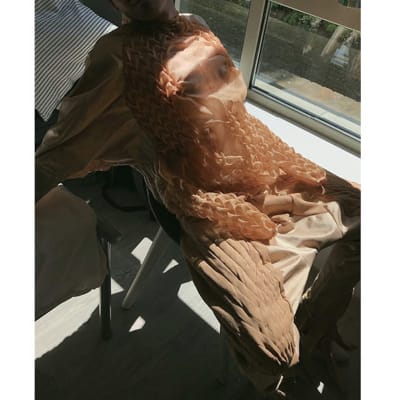
Graduate Diploma Fashion Design Technology Alum
Jizuo Luo